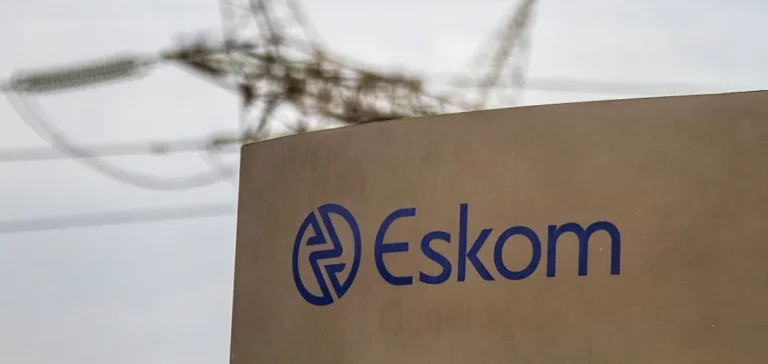South Africa’s Supreme Court of Appeal has cancelled the permit granted to state-owned utility Eskom for the construction of a 3,000 megawatt (MW) natural gas power plant in Richards Bay, KwaZulu-Natal. The decision jeopardises one of the country’s key energy infrastructure projects, intended to support a struggling national grid.
A restarted process and extended delays
The court ruling obliges Eskom to refile for environmental authorisation and conduct a new round of public engagement. Initially designed to stabilise the national electricity grid and reduce dependence on coal, the project has faced sustained opposition from local organisations. These groups have pointed to Eskom’s record on emissions and air pollution.
The plant was intended as a key component of South Africa’s Integrated Resource Plan (IRP), which includes gas as a transitional fuel. The annulment of the permit represents a regulatory setback for the company, already burdened by structural debt and frequent power outages known as load-shedding.
Impacts on financing and planning
Uncertainty surrounding the Richards Bay project may further complicate Eskom’s financing efforts. Several international lenders have shown a preference for renewable energy developments, as evidenced by the recent approval of a 1,000 MW onshore wind project. The Richards Bay facility, estimated to cost several billion dollars, raises questions over its economic viability in the current climate.
The ruling reflects broader trends across the African energy landscape, where fossil fuel projects are facing increasing legal and financial scrutiny. While Namibia and Mozambique have advanced liquefied natural gas (LNG) developments for export, South Africa continues to grapple with internal debates over its energy future.
A strategic challenge for energy diversification
Beyond environmental concerns, the Richards Bay project was meant to support South Africa’s energy diversification efforts. Eskom has been working to offset the declining performance of its coal fleet by investing in gas, renewables and nuclear. Ongoing developments include a second nuclear power plant on the country’s western coast.
The Supreme Court’s decision comes at a time when South Africa’s energy infrastructure requires urgent upgrades. Future investment decisions will likely depend on both political direction and investor appetite for projects that meet increasingly stringent regulatory and social requirements.






















